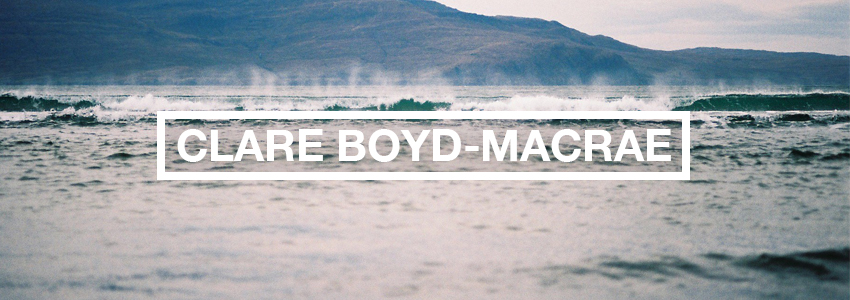Shed raising
 Monday, December 15, 2014 at 10:33PM
Monday, December 15, 2014 at 10:33PM It feels like stepping into a scene from that old Harrison Ford movie Witness, the one with the Amish doing their heart-warming, well-orchestrated, community thing. Except that here the women are as likely to be up on the roof, sawing and hammering or shooting off scary nail guns, with the men in the kitchen preparing lunch.
Our oldest, Tess and her Will are building their dream home on 120 acres in the Indigo Valley, in the glorious north-east of the state. First though, they have to build their dream shed, which will be where they will live for a few years while they go on to build their dream house. They have to leave the house they are in now at the end of the month and move onto the block, so they are, quite literally, getting a roof up over their heads.
We’ve just been there for four nights, and each day we spent at the block, beavering away between a delicious lunch and a substantial dinner, and for me, an afternoon nap while the stayers went back for a few more hours of hard yakka.
With us came Old Uncle Tom Cobley and all: our younger daughter and her partner, our Iranian friend Meysam, my dear and somewhat dotty old mother-in-law, and our 16-year-old Jack Russell Fifi to add to the general chaos of Neville and Nutmeg, the two dogs already up there.
Tess and the guys do the heavy lifting – going bush to mill falen timber for the rafters on the deep verandah, hoisting them up to lay along the beams, nailing them in place, Will forever measuring and re-measuring to get things perfect.
I’m pretty useless when it comes to hammers and nails, but boy can I paint. There are about a dozen windows, salvaged from house demolitions and purchased on e-bay and gum tree, gorgeous old hard wood pieces, weighing a ton and painted all manner of weird and wonderful colours.
So I get to work: sanding and wiping and washing and masking-taping and undercoating and first coating and second and sometimes, for the darker colours, third coating. I have never thought myself remotely knowledgeable about any kind of home maintenance, but find myself, to my pride, talking to Fiona, our youngest, passing on the tricks of the trade like parents and kids since long before Joseph and Jesus in the carpentry shop. ‘When you sand, you’re doing two opposite things simultaneously – you’re smoothing out the chips and divots and flaky bits and you’re roughing up the parts that are too smooth, so that the fresh paint has something to grip when it goes on.’ Etc.
Together we manage to get through a satisfying number of the windows, working on old bed sheets on the concrete slab, shaded by the half roof that is up already, complete with shimmering sisilation, bending and ducking to avoid the struts that criss-cross the empty spaces where the walls will be, swigging long and hard from our water bottles and making the trek to the drop dunny with its breath-taking view over the valley. Nan sits on a folding chair in the middle of the building site, endlessly doing cross-words and sudoku, a pair of bright orange ear muffs protecting her against the roar of the generator.
I look at the scene and I feel exhausted at the thought of all they have yet to do before they can live here properly, before they have access to power and water and all the other comforts even a shed that is home needs to have.
But they are young, and this is their dream, and that gives them energy to power them through the weariness and the juggling involved in holding down jobs, saving up before they can buy the next necessary thing, coping with unexpected injury.
I think of my grand-mother, whose first two years of married life, complete with baby for some of it, was spent in a canvas tent on the island of Tanna in Vanuatu. I think of us, 14 years ago, moving into our house in Brunswick, a generously proportioned old weatherboard, in heavy disguise under hideous fake-brick cladding, swirling seventies wall paper and grubby shag pile carpet. How we moved in with four little kids, with internal walls down, external walls breached with gaping holes, bare floor boards with nails and staples sticking up, packing cases everywhere. We got through it; they will too.
Till then, we’ll come up when we can, to lend a hand, revelling in the satisfaction, rare for pen-pushers like us, of seeing a clear result for your work: a row of rafters, hewn from the bush just days ago, now nestled securely atop the sturdy verandah posts. A stack of gleaming creamy window frames, ready, when the time is right, to go into the wall, shedding light for decades into a shed that will be a home.
 Clare |
Clare |  Post a Comment |
Post a Comment | 